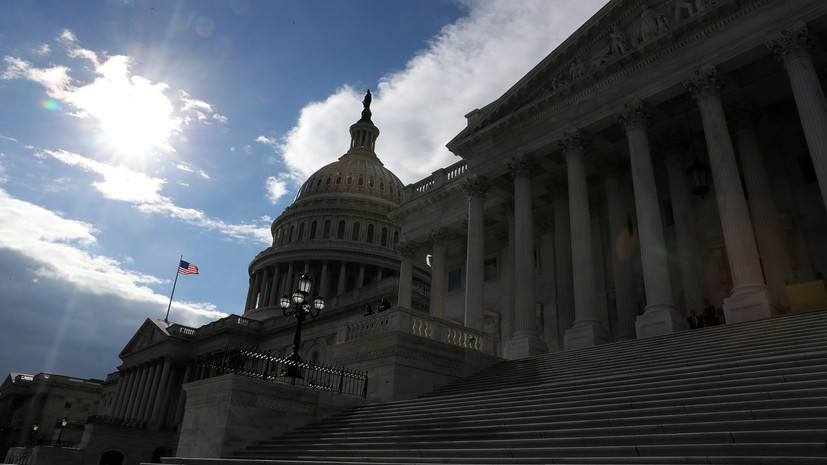According to RIA Novosti, 49 people voted to overcome the veto, with the necessary 67.
Trump previously vetoed this resolution.
In February, the US Senate approved the document. In the same month, U.S. Congressman Eliot Engel, who heads the House’s Foreign Affairs Committee, said the presidential administration was unable to justify the killing of Iran’s general Kassem Suleimani.
The Islamic Revolutionary Guard Corps General Suleymani died on the night of January 3 during a missile attack on the United States near the airport in Baghdad.
According to Robert O'Brien, an adviser to the US president on national security, the Iranian military and his supporters "were preparing the assassination of a large number of American diplomats and soldiers."
Donald Trump himself said that Suleimani allegedly prepared the explosion of one of the US embassies.
After that, US Secretary of State Mike Pompeo admitted that Washington did not have accurate data on the place and time of the Iranian general’s possible attack on American targets. Also, Pentagon President Mark Esper did not see concrete evidence of the preparation of the attacks, although he shares the opinion of the head of state that such attacks, “probably”, could be prepared.
According to US Attorney General William Barr, Suleimani “was definitely a legitimate military target” and the operation to kill him was “a legitimate act of self-defense.”
Tehran called the US strike an act of international terrorism. Iran promised to avenge the United States for the death of the general. Iranian officials also announced their intention to sue the US president in an international court.

